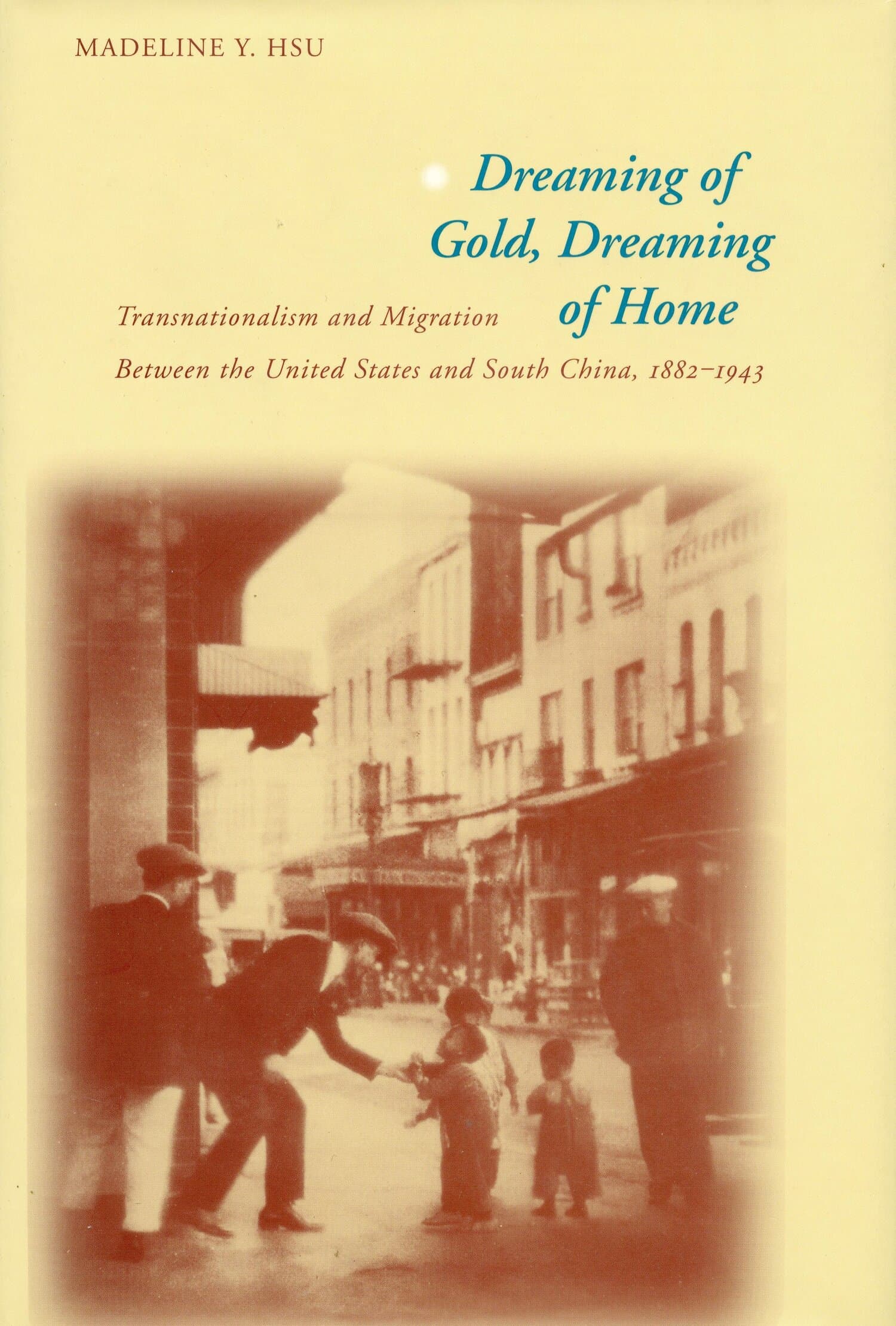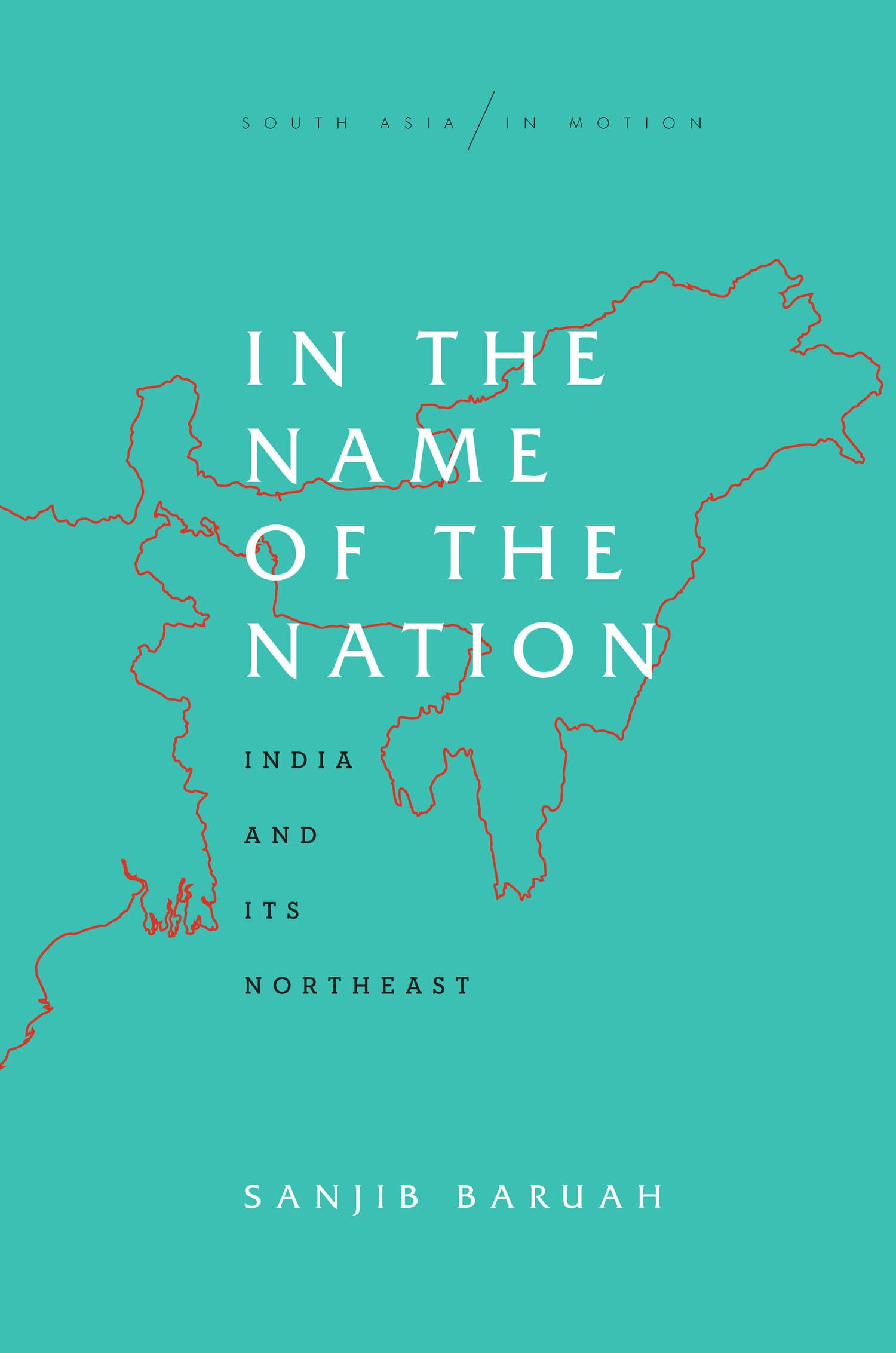Boats in a Storm
Award Winner
2024: ALSA Distinguished Book Award
Winner of the 2024 ALSA Distinguished Book Award, sponsored by the Asian Law & Society Association (ALSA).

For more than century before World War II, traders, merchants, financiers, and laborers steadily moved between places on the Indian Ocean, trading goods, supplying credit, and seeking work. This all changed with the war and as India, Burma, Ceylon, and Malaya wrested independence from the British empire. Set against the tumult of the postwar period, Boats in a Storm centers on the legal struggles of migrants to retain their traditional rhythms and patterns of life, illustrating how they experienced citizenship and decolonization. Even as nascent citizenship regimes and divergent political trajectories of decolonization papered over migrations between South and Southeast Asia, migrants continued to recount cross-border histories in encounters with the law. These accounts, often obscured by national and international political developments, unsettle the notion that static national identities and loyalties had emerged, fully formed and unblemished by migrant pasts, in the aftermath of empires.
Drawing on archival materials from India, Sri Lanka, Myanmar, London, and Singapore, Kalyani Ramnath narrates how former migrants battled legal requirements to revive prewar circulations of credit, capital, and labor, in a postwar context of rising ethno-nationalisms that accused migrants of stealing jobs and hoarding land. Ultimately, Ramnath shows how decolonization was marked not only by shipwrecked empires and nation-states assembled and ordered from the debris of imperial collapse, but also by these forgotten stories of wartime displacements, their unintended consequences, and long afterlives.
—Julia Stephens, Rutgers University
"Boats in a Storm provides a moving and ethnographic panorama of people caught in the midst of changing contortions of nation, citizenship and borders in the era of decolonization. It tracks personal displacements and disputes, through tax, inheritance and remittance, and shows the everyday dilemmas that shot through people's lives. In place of diplomacy or high politics, we are left with the granular in comprehending jurisdictional demarcations that have potent afterlives to the present, for violent structures of statelessness, nationalism or for conflicts and authoritarianism that followed in later-twentieth century Sri Lanka, Burma, India or Malaysia."
—Sujit Sivasundaram, University of Cambridge
"Boats in a Storm is a magnificent contribution to the history of law and displacement in the Indian Ocean. Using a rich legal archive, Kalyani Ramnath shows us the history of decolonization in a new light through this astonishingly detailed picture of the loss suffered by migrants who found their itineraries interrupted by new borders and new jurisdictions. This is a spectacularly accomplished and insightful book!"
—Sunil Amrith, Yale University
"In her beautifully written book Boats in a Storm, Kalyani Ramnath scrutinises a plethora of archived legal accounts, memoirs, and administrative records to reconstruct the multiple migratory destinies of Indian migrants in Burma and Malaya after the Japanese occupation in 1942."
—Antje Missbach, Journal of Current Southeast Asian Affairs
"Ramnath's book deserves a wide readership because the issues that she discusses around the disruptive histories of decolonization and state formation, border-making and citizenship, as well as the experiences and narration of displacement, have a wide resonance. I recommend this model study unreservedly."
—Peter Gatrell, European Review of History
"Kalyani Ramnath's Boats in a Storm contributes to the ever-growing body of literature using legal archives to help reconstruct a supernational history of the Indian Ocean World. And she does so in a refreshing, impressive, and layered way.... The encounters she unearths mostly relate to everyday dealings like income tax, debts, loans, or transmitting (or inheriting) money to (or from) family abroad. However, when connecting them, Ramnath reveals all sorts of political, social, and cultural implications when it comes to matters like citizenship, business, migration, family life, and community-formation in a changing, post-colonial South and Southeast Asia."
—Luc Bulten, Polity Magazine
"Boats in a Storm offers a new reading of the legal archive by showcasing how the lives of ordinary migrants embroiled in legal battles were entwined with the end of Empire and new nation-building projects. The crucial period under study, bookended by the years 1942 and 1962, offers important insights into continuing concerns around new citizenship and refugee policies in the present day."
—Reeju Ray, Rechtsgeschichte – Legal History
"Ramnath's Boats in a Storm is highly recommended for anyone interested in researching or understanding the history of citizenship and statelessness in South and Southeast Asia. It will also be valuable for researchers to contextualise the present day situation in South and Southeast Asia, where statelessness has become a defining feature. Her account serves as an aide-mémoire that the war, wartime displacements and decolonisation are not events from the past; they continue to shape our laws, thoughts, relationships and ideas of belonging."
—Sumedha Choudhury, Statelessness and Citizenship Review
"Set against the backdrop of different shores in a different time, this layered history of humanity caught up in the throes of decolonisation reads as a poignant reminder that this question remains as relevant today as it was in the not-too-distant past."
—Darinee Alagirisamy, Journal of Southeast Asian Studies
"An impressive work that analyzes previously unexamined archival material in three languages from across six countries to present a historical account of a region that accounted for a quarter of the world's population at the time from the ground up. To do so in a work that richly demonstrates how questions such as what is a migrant's relationship to a nation-state or what it means to be a citizen is extraordinary."
—Shreyas Shende, Contingent Magazine
"Kalyani Ramnath's Boats in a Storm is an exceptional text. Armed with legal expertise and the skill set of an adroit historian, Ramnath narrates the entangled histories of South and South East Asia to reveal interconnected networks of individuals, land, labour, capital and credit across these regions."
—Vineeta Sinha, International Journal of Maritime History
"This book is a scholarly triumph, reforging the connection between South and Southeast Asia that territorial sovereignty tries to make us forget. It is also full of heartbreak, individual choices, resilience, and interminable waiting, never letting the reader forget that migration is a story of humanity above all else."
—Ria Kapoor, Journal of Asian Studies
"Through innovative approaches and deeply moving stories, Kalyani Ramnath invites us readers to reflect on the legal status of people caught between citizenship and statelessness."
—Tzu-Yi T. Hsu, H-Migration
"Through her innovative use of law as a transnational archive, Ramnath has broken new ground on how we can write global histories that attend to decolonization as process rather than event. The book speaks, at once, to recent scholarship in South Asian legal history as well as to long held debates on citizenship and nationality in the postcolonial world."
—Zaib un Nisa Aziz, American Historical Review




